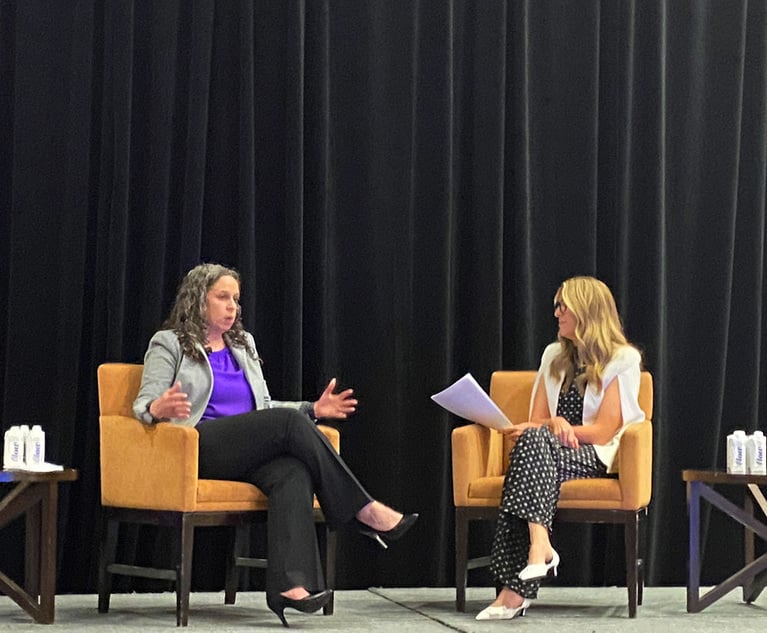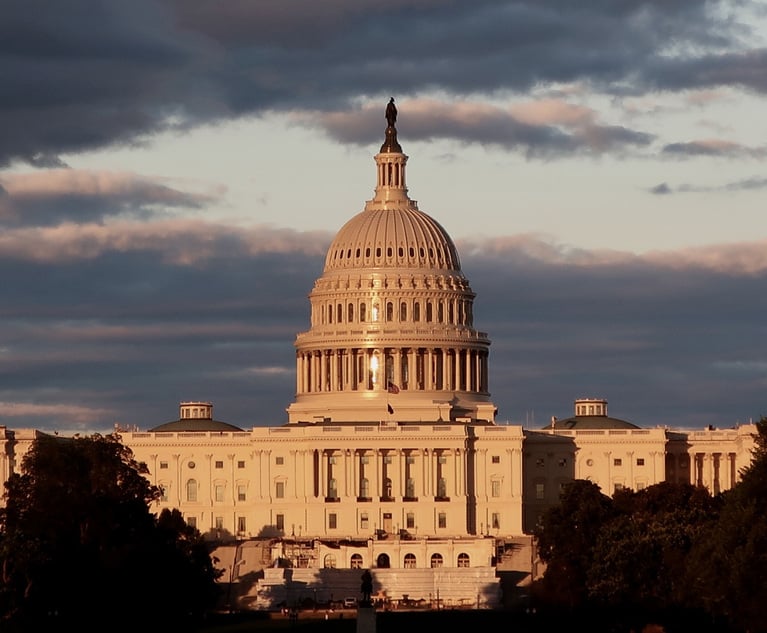A U.S. Justice Department lawyer, arguing Wednesday for the Trump administration, rejected claims that the government has imposed any “undue burden” on the ability of pregnant, undocumented minors from having access to abortions while in government custody.
In the case Azar v. Garza, U.S. Justice Department attorney August Flentje urged a three-judge panel of the U.S. Court of Appeals for the D.C. Circuit to reverse a district court’s nationwide injunction against the Office of Refugee Resettlement—a component of the Health and Human Services Department—as well as the trial court’s certification of a class action.


 U.S. Justice Department headquarters in Washington, D.C. Credit: ALM
U.S. Justice Department headquarters in Washington, D.C. Credit: ALM





